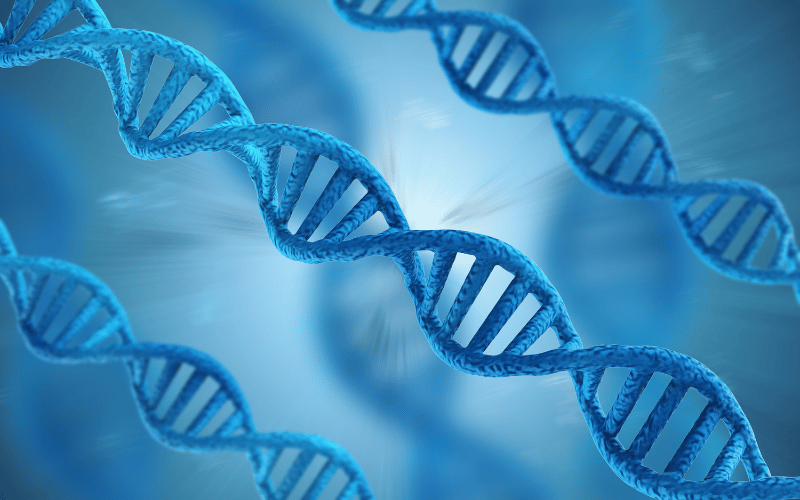Fact 14: Genetics Play a Part

The human genome is a complex tapestry that governs every aspect of our being. From the color of our eyes to our susceptibility to certain diseases, genes play a pivotal role. Gallbladder cancer, like many other cancers, can have a genetic component. Several genes, when mutated, can increase the risk of developing this form of cancer.
It’s not uncommon for certain diseases to run in families. If a close family member had gallbladder cancer, the chances of another relative developing the same can be higher. This isn’t necessarily a guarantee but is a heightened risk. It underscores the importance of understanding one’s family medical history and discussing it with healthcare professionals.
Today, genetic testing offers an unprecedented peek into our genetic makeup. People can identify if they carry mutations that might increase their risk for certain cancers, including gallbladder. While it provides an early warning system, it also carries the weight of knowledge. It’s essential to undergo genetic counseling before and after testing to understand the implications fully.
Genetics isn’t just about the DNA sequence. Epigenetics, or how genes are turned “on” or “off,” can influence the development of gallbladder cancer. Environmental factors like diet, smoking, or even exposure to certain chemicals can change these epigenetic markers, subsequently impacting cancer risk. (14)